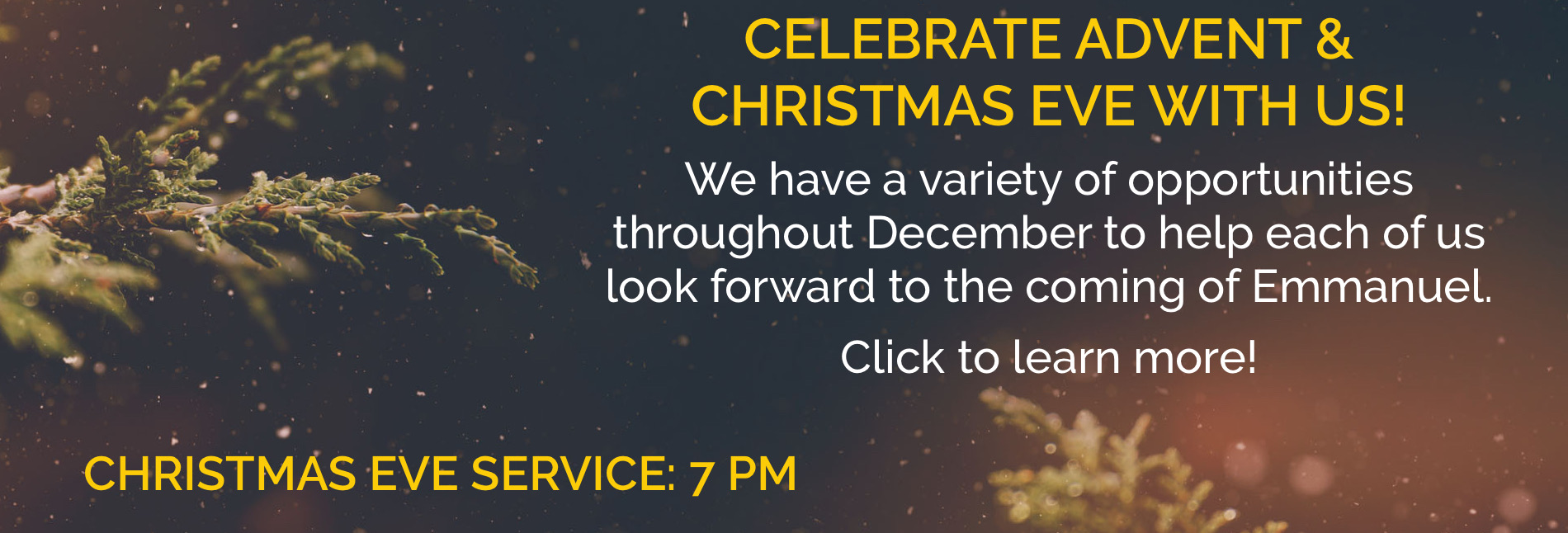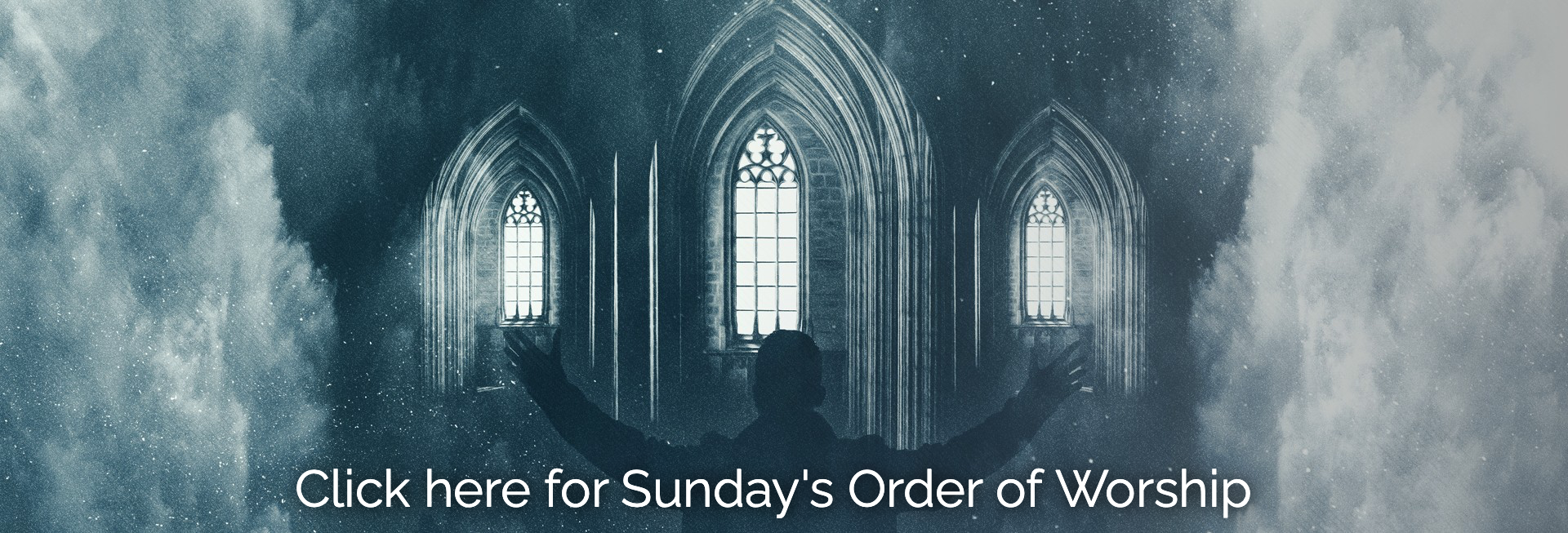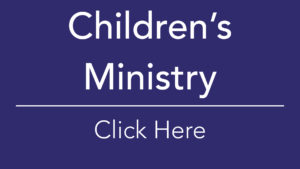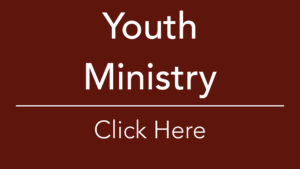Welcome to Northminster
Join us this Sunday!
Upcoming Events
The Latest from our blogs…

News & Announcements for June 16, 2024
Posted on Jun 13, 2024 by David Garrison in Announcements, General, HomePage, News | 2

JOIN US FOR SUNDAY SCHOOL
If you’re looking for an opportunity to grow as a disciple of Jesus Christ, we encourage you to join us Sunday mornings for a intergenerational Sunday school class, from 9:00-10:00. We look forward to seeing you!
GLEANING FOR THE WORLD – WEDNESDAY @ 8:30 am
Please join us in the parking lot of the church for carpooling. We will return to the church around 11:30 am.
WOMEN’S BOOK CLUB – THURSDAY @ 10 am
Please join us on Thursday, June 20 at the home of Sharon Bryant at 145 Adrian Street at 10:00 a.m. as we discuss the book, The Last Carolina Girl by Meagan Church. We have such a great time eating, talking and finally discussing the book of the month. This month’s book is about Leah Payne, a 14 year old girl, who lives on the coast in a Carolina town. Her life is simple and free. She is devoted to her lumberjack father and loves her country life where she can run through the forest and on to the shore.
MISSION FOCUS FOR JUNE: DAYSTAR JUNIOR SCHOOL
Our mission focus for the month of June is Daystar Junior School in Uganda. Opened in 2015, this school is for children ages 3 to 15 years and is located in the slum areas of Kirombe Uganda, East Africa. Donations from Northminster have helped to purchase uniforms for the students, wood for new desks, and begin a 3-floor classroom building. You may make a donation to this special ministry by specifying Daystar on your check memo line.
Read more...

News & Announcements for June 9, 2024
Posted on Jun 6, 2024 by David Garrison in Announcements, General, HomePage, News | 0

JOIN US FOR SUNDAY SCHOOL
If you’re looking for an opportunity to grow as a disciple of Jesus Christ, we encourage you to join us Sunday mornings for a intergenerational Sunday school class, from 9:00-10:00. We look forward to seeing you!
GRADUATION SUNDAY – THIS MORNING
WOMEN’S BOOK CLUB – NEXT THURSDAY, JUNE 20, 10AM
Please join us on Thursday, June 20 at the home of Sharon Bryant’s home as we discuss the book, The Last Carolina Girl by Meagan Church. We have such a great time eating, talking and finally discussing the book of the month. This month’s book is about Leah Payne, a 14 year old girl, who lives on the coast in a Carolina town. Her life is simple and free. She is devoted to her lumberjack father and loves her country life where she can run through the forest and on to the shore.
WEDNESDAY PRAYER – WEDNESDAYS @ Noon
Please join us on Wednesdays at noon for a time of prayer in the sanctuary as we bring our needs before our loving God.
MISSION FOCUS FOR JUNE: DAYSTAR JUNIOR SCHOOL
Our mission focus for the month of June is Daystar Junior School in Uganda. Opened in 2015, this school is for children ages 3 to 15 years and is located in the slum areas of Kirombe Uganda, East Africa. Donations from Northminster have helped to purchase uniforms for the students, wood for new desks, and begin a 3-floor classroom building. You may make a donation to this special ministry by specifying Daystar on your check memo line.
Read more...

News & Announcements for June 2, 2024
Posted on May 30, 2024 by David Garrison in Announcements, General, HomePage, News | 6

JOIN US FOR SUNDAY SCHOOL
If you’re looking for an opportunity to grow as a disciple of Jesus Christ, we encourage you to join us Sunday mornings for a intergenerational Sunday school class, from 9:00-10:00. We look forward to seeing you!
GRADUATION SUNDAY – NEXT SUNDAY IN WORSHIP
Next Sunday, June 9, we will be celebrating the graduation of the high school seniors that have been part of our church for the past several years. This is always a special Sunday, and we encourage you to be sure to be present for it. This year we are celebrating six of our students: Hunter Brightwell, Danielle Caplinger, Cole Chapman, Brinna Midgley, Jackson Moore and Colin Scruggs. Join us as we celebrate their achievements and send them off to their next stage in life!
WEDNESDAY PRAYER – WEDNESDAYS @ Noon
Please join us on Wednesdays at noon for a time of prayer in the sanctuary as we bring our needs before our loving God.
MISSION FOCUS FOR JUNE: DAYSTAR JUNIOR SCHOOL
Our mission focus for the month of June is Daystar Junior School in Uganda. Opened in 2015, this school is for children ages 3 to 15 years and is located in the slum areas of Kirombe Uganda, East Africa. Donations from Northminster have helped to purchase uniforms for the students, wood for new desks, and begin a 3-floor classroom building. You may make a donation to this special ministry by specifying Daystar on your check memo line.
Read more...

June 2024 Pastor’s Corner — Blessed Naïveté
Posted on May 30, 2024 by David Garrison in Christian Living, General, HomePage, Pastor's Corner, Spiritual Growth | 2

Brothers and sisters, do not be children in your thinking. Be infants in evil, but in your thinking be mature.
— 1 Corinthians 14:20
Has anyone ever accused you of being “holier than thou”? It’s a strange insult, when you think about it, but it’s also one that I think most folks dread having applied to them. There’s a good reason for that — the phrase is really directed at those who are arrogant and self-righteous in their “holiness” and look down on those who they deem not as worthy. However, our dread of this accusation has had a consequence that is deeply affecting the Church (capital ‘C,’ as in the church universal not just the local church).
Instead of striving after true holiness, as just about every page of the Bible calls us to, we strive to be relevant and relatable so folks will see us as just like and certainly no better than they are. We try to avoid the scarlet ‘H’ as much as possible. As NT Wright writes, “There are people who pride themselves on knowing about evil, but can’t be bothered to think through serious issues from a biblical or theological point of view. There are many Christians who can tell you which film star is getting divorced but can’t tell you where in the Bible you might find teaching on the subject.” We want to make sure that folks know we’re no different than they are. I doubt any Christian is trying to be an expert in evil; most likely we just want to make sure that we’re not being naïve about it. We want to be seen as mature, not childish.
Paul flips that kind of thinking upside down in 1 Corinthians 14:20. He says that what I just described isn’t mature — it’s childish. True maturity doesn’t come from familiarity with or knowledge of evil, but rather by pursuing Christ and holiness. Those who are truly holy don’t go around flaunting it in front of and over others. Somewhat ironically, the holier we become, we become all the more aware of the depths of our sin and brokenness. Consider Jesus. He was perfectly relatable and relevant to all with whom he came in contact. Sinners were drawn to him, so much so that He spent far more time with the “sinners” than He did with those who considered themselves “saints.” Yet He never compromised his holiness or his righteousness, nor did He ever entertain temptation, sin or evil.
If we are striving to show the world that Christians are just like them, then what do we have to offer? The entire point of the Gospel is that the world can never provide that for which our souls yearn. The world can never heal our brokenness. The world can never help us atone for our sins and failures. The world cannot provide life. The Gospel, the Good News, is that by the grace of God through faith in Jesus Christ we have been called out and set apart (that’s what “holiness” means). Being mature and holy isn’t about being perfect or sinless, but it does mean that we strive to leave sin and evil behind, focusing instead on Jesus Christ. True maturity comes from “pressing on toward the goal for the prize of the upward call of God in Christ Jesus.” (Phil. 3:14-15)
Instead of trying to show how much like the world we are, “let us fix our eyes on Jesus, the author and perfecter of our faith, who for the joy set before him endured the cross, scorning its shame, and sat down at the right hand of the throne of God. Consider him who endured such opposition from sinful men, so that you will not grow weary and lose heart.” (Hebrews 12:2-3)
Finally, brothers, whatever is true, whatever is honorable, whatever is just, whatever is pure, whatever is lovely, whatever is commendable, if there is any excellence, if there is anything worthy of praise, think about these things. What you have learned and received and heard and seen in me—practice these things, and the God of peace will be with you. — Philippians 4:8-9
Blessings,
Rev. David Garrison
Read more...

News & Announcements for May 26, 2024
Posted on May 23, 2024 by David Garrison in Announcements, General, HomePage, News | 3

JOIN US FOR SUNDAY SCHOOL
If you’re looking for an opportunity to grow as a disciple of Jesus Christ, we encourage you to join us Sunday mornings for a intergenerational Sunday school class, from 9:00-10:00. We look forward to seeing you!
UNRAVELING REVELATION – SUNDAYS, 9 AM
If there’s one book of the Bible that people have questions about or don’t understand, it’s the very last book, the Book of Revelation. It’s become quite popular to read it in such a way as to try to unlock the secrets to the future, but doing so actually robs the book of its true power and import. Revelation isn’t so much about the future as it is a field guide to dissident discipleship in the here and now. Join us for Sunday School each Sunday as we seek to Unravel Revelation.
WEDNESDAY PRAYER – WEDNESDAYS @ Noon
Please join us on Wednesdays at noon for a time of prayer in the sanctuary as we bring our needs before our loving God.
MISSION FOCUS FOR MAY: HELPING HANDS
Our mission focus for the month of May is Helping Hands of Amherst County which help citizens of Amherst County who need an occasional helping hand with necessities such as food, electric bills, rent and water bills when children or medical needs are present. It is administered out of Madison Heights Baptist Church. You may make a donation by specifying ‘Helping Hands’ on your check memo line.
Read more...









